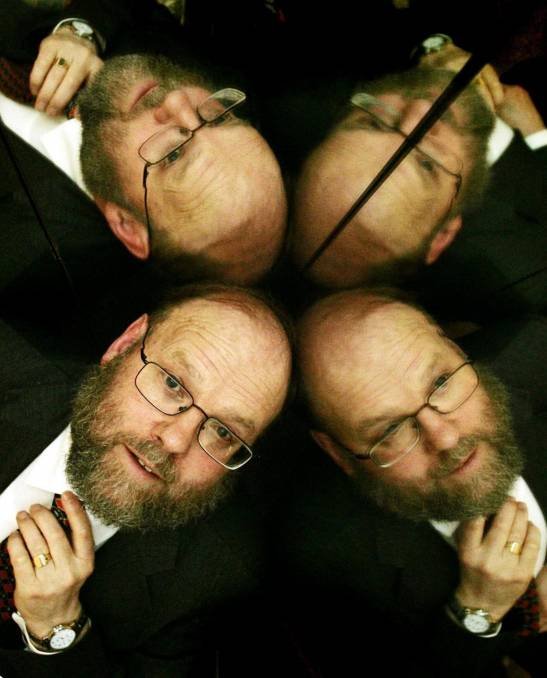Ian Wilmut, one of the “fathers” – with his colleague Keith Campbell– from Dolly the sheep, the first mammal cloned from adult cellsHe died at the age of 79, the Roslin Institute in Edinburgh reported yesterday.
The biologist and his team developed the groundbreaking technique that led to the birth of the famous sheep on July 5, 1996 and revolutionized the field of genetic cloning.
Wilmut’s work “had a global reach,” he said. Bruce WhitelawDirector of the breakthrough Scottish institution, who stressed that his legacy continues to inspire numerous discoveries in “research into human and animal biology.”
Retired since 2012
The scientist retired from science in 2012 and six years later made it public that he was suffering from Parkinson’s.
“He was a titan” whose work “changed the scientific thinking of his time.” said Peter MathiesonRector and Vice-Chancellor of the University of Edinburgh.
“He Impact of your work will remain for generations. “He was a highly respected scientist, a mentor and a friend,” he added.
The famous Dolly – named after American singer Dolly Parton – was created from a cell in the mammary gland of a Dorset Finn sheep and its existence was kept secret until early 1997.
Until then, the scientific community believed that specialized adult cells only contained information to carry out their respective functions and it was considered impossible that they could produce a complete animal.
They managed to start a new life from an adult cell and an egg that they developed in a test tube for six days before transferring them to a surrogate mother.
However, Wilmut’s team managed to start a new life from one of these adult cells and an egg that they developed in a test tube for six days before transferring them to a surrogate mother.
To achieve this result, Wilmut led a large team with scientists from various fields, including embryology, surgeons, veterinarians and livestock specialists.
Dolly had several babies between 1998 and 2000 and enjoyed a “normal quality of life” – as described by the Roslin Institute – until February 2003, when several tumors were discovered in her lungs and a decision was made Apply euthanasia to avoid suffering.

